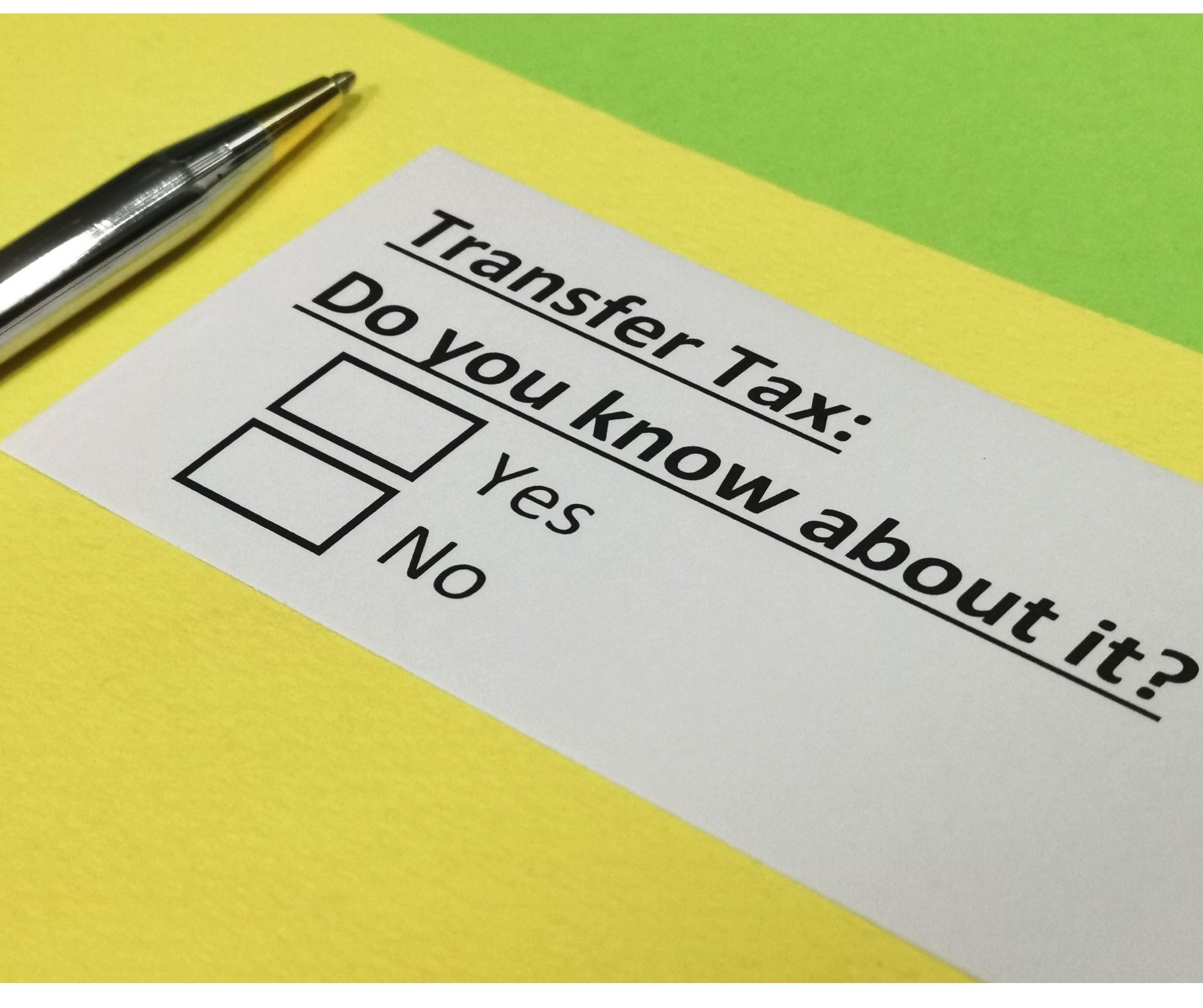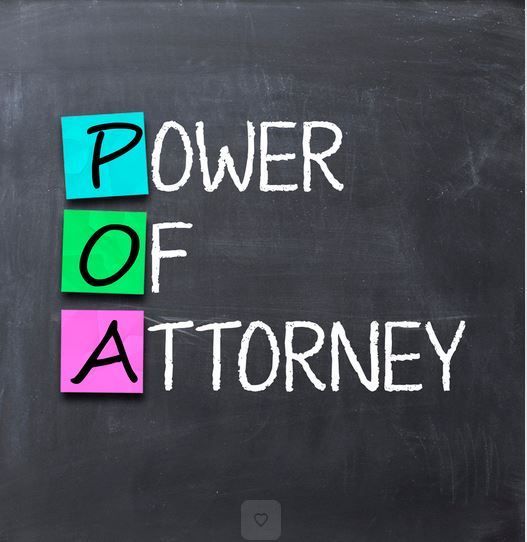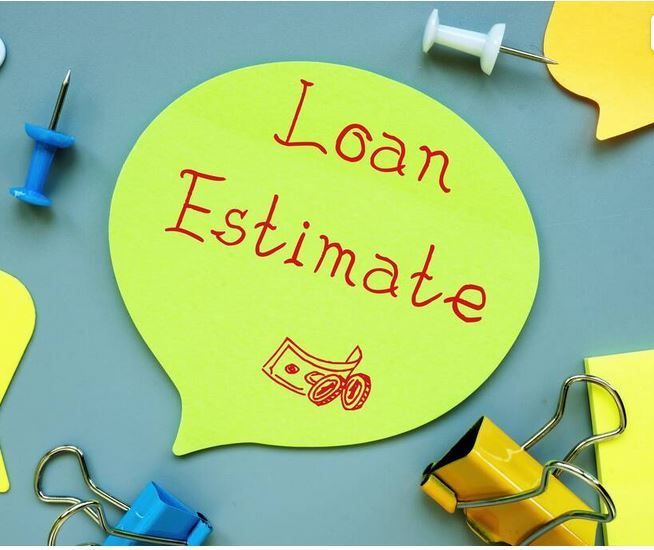February 19, 2025
When purchasing a home, one of the most critical steps in the process is conducting a title search. A title search ensures that the property’s title is clear of encumbrances or legal claims that could affect ownership. One of the most significant issues that can arise during a title search is the discovery of a lien. Liens can complicate or even prevent a real estate transaction, making it essential to identify and resolve them before closing. As experienced Vermont real estate attorneys, we ensure that liens are properly addressed so that buyers receive a clear and marketable title to their new home. What is a Lien? A lien is a legal claim against a property that serves as security for a debt or obligation. If the debt is not repaid, the lienholder may have the right to foreclose on the property or take legal action to recover the amount owed. Liens are attached to the property itself, meaning they stay with the property even if ownership changes. If a buyer unknowingly purchases a property with an outstanding lien, they could become responsible for resolving it—often at significant financial cost. That’s why a thorough title search is critical before finalizing a home purchase. Types of Liens and How They Arise Liens can arise from various sources, including unpaid debts, court judgments, and government claims. Below are some of the most common types of liens that may be discovered during a title search: 1. Writs of Attachment A writ of attachment is a court-ordered lien placed on a property during a lawsuit. It is often issued when a creditor sues a property owner and seeks to secure their claim by preventing the owner from selling or transferring the property before the court case is resolved. How It Arises: • A lawsuit is filed against a property owner for an unpaid debt. • The court issues a writ of attachment, which places a lien on the property to secure the creditor’s claim. Resolution: • If the owner wins the lawsuit, the lien is removed. • If the creditor wins, the court may order the sale of the property to satisfy the debt. 2. Judgment Liens A judgment lien is created when a court issues a judgment against a property owner for an unpaid debt. If the owner does not voluntarily pay the judgment, the creditor can place a lien on the debtor’s real estate. How It Arises: • A creditor sues the property owner for an unpaid financial obligation. • The court grants a monetary judgment, and the creditor records a lien against the debtor’s property. Resolution: • The lien must be paid off before the property can be sold or refinanced. • In some cases, the creditor may pursue foreclosure if the debt remains unpaid. 3. Tax Liens A. Property Tax Liens Local governments can place a property tax lien on real estate if the owner fails to pay property taxes. Property tax liens take priority over most other liens, meaning they must be satisfied before any other claims. Resolution: • The property owner must pay the overdue taxes, plus interest and penalties. • If unpaid, the government may sell the property through a tax sale. B. State and Federal Income Tax Liens Both the IRS and state tax authorities can file a tax lien against a property if the owner fails to pay income taxes. How It Arises: • A taxpayer owes state or federal income taxes and does not pay after receiving a demand for payment. • The government records a tax lien, which attaches to the taxpayer’s real estate and other assets. Resolution: • The taxpayer must satisfy the tax debt, negotiate a payment plan, or seek relief through tax lien removal programs. 4. Mortgage Liens A mortgage lien is the most common type of lien in a real estate transaction. When a buyer takes out a mortgage loan, the lender places a lien on the property until the loan is paid in full. Resolution: • The lien is automatically removed when the mortgage is paid off or refinanced. 5. Mechanic’s Liens A mechanic’s lien (or contractor’s lien) is filed by a contractor, subcontractor, or supplier who has provided labor or materials to improve a property but has not been paid. How It Arises: • A homeowner hires a contractor for renovations or repairs. • The homeowner fails to pay, and the contractor files a lien to secure the debt. Resolution: • The owner must settle the unpaid bill or challenge the lien in court. 6. Homeowners Association (HOA) Liens If a property is part of a homeowners association (HOA) or condominium association, the owner is responsible for paying association fees, dues, and special assessments. If these payments are not made, the HOA can place a lien on the property and, in some cases, initiate foreclosure proceedings. How It Arises: • The homeowner fails to pay HOA dues, fees, or special assessments. • The HOA records a lien against the property, securing its right to collect the unpaid amounts. Resolution: • The homeowner must pay the overdue amounts (including late fees, interest, and legal costs) to remove the lien. • Some HOAs may allow a payment plan or negotiate a settlement. • In extreme cases, if the debt is not resolved, the HOA may foreclose on the property, even if the mortgage is current. How Are Liens Resolved? Liens must be cleared before a property can be transferred with a clean title. The most common methods of resolution include: ✅ Paying Off the Debt – The easiest way to clear a lien is for the property owner to pay off the underlying debt. ✅ Negotiating a Settlement – In some cases, lienholders may accept a reduced amount to release the lien. ✅ Filing a Lien Release or Satisfaction – Once a lien is paid, the lienholder must file a release or satisfaction of lien with the appropriate recording office. ✅ Legal Action or Court Order – Some liens, particularly those resulting from disputes, may require a lawsuit or court order for resolution. ✅ Title Insurance – In cases where liens are missed during a title search, an owner’s title insurance policy can protect the buyer from financial loss.











